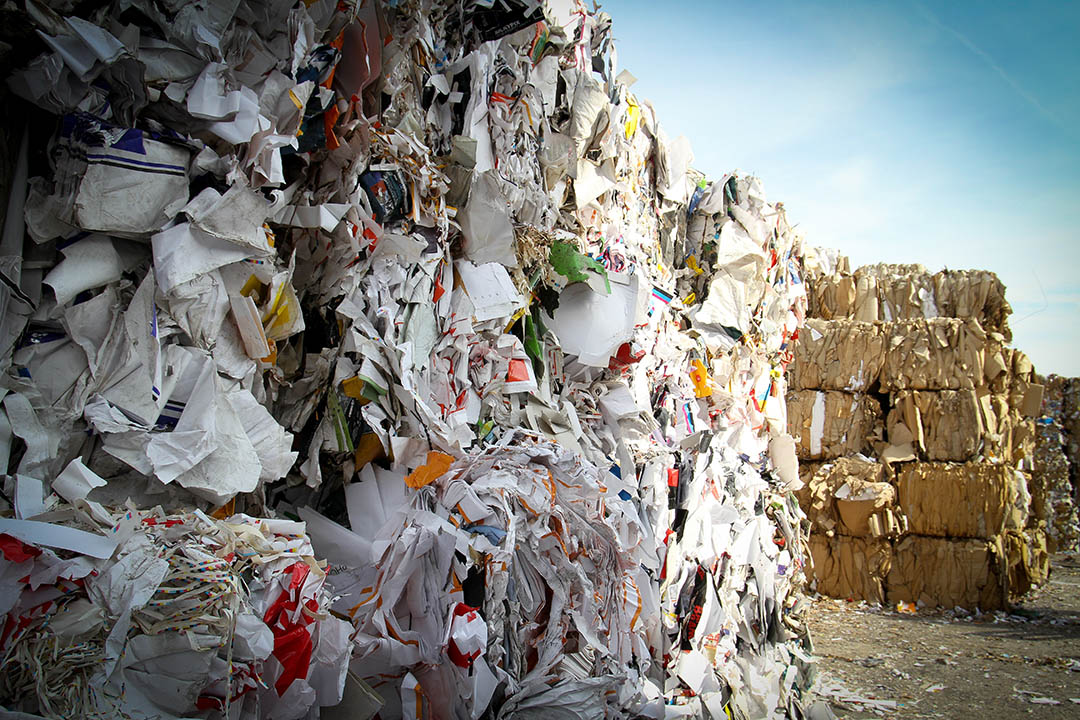Extended producer responsibility is a critical way to prevent the over-exploitation of natural resources and protect human and environmental wellbeing. This is one of the proposals in a new policy brief extracting lessons from the past 50 years in sustainable development policymaking at the UN.
In ‘The Sustainable Use of Natural Resources: The Governance Challenge,’ authors Jennifer Bansard and Mika Schröder also suggest adapting decision-making processes to better include women, Indigenous Peoples, and local communities. Sustainable practices are already in place at local and regional scales, but they require recognition and support through stronger tenure rights and redistributed power in decision-making.
The authors observe increased attention to the need for resource circularity and reducing the environmental impacts of resource use. In particular, legislative initiatives are underway to increase producers’ responsibility for the impacts of their products throughout their lifecycle. According to OECD, placing responsibility for post-use disposal on manufacturers significantly increases the material recovery rate and incentivizes less wasteful product design.
They encourage governments to develop extended producer responsibilities and supply chain legislation to enhance fairer distribution of benefits and harms stemming from resource use, and to promote the protection of human rights in ways that ensure ecological wellbeing and social justice.
The ‘Still Only One Earth’ series is being published by IISD in the lead-up to the 50th anniversary of the Stockholm Conference on the Human Environment. The briefs assess successes and shortcomings of five decades of global environmental policy, focusing on biodiversity, wildlife trade, sustainable energy, finance and technology, climate change, plastic pollution, poverty eradication, measurement approaches, private sector action, public health, blue economy, and gender equality, among other issues. [Still Only One Earth policy brief series] [Publication: The Sustainable Use of Natural Resources: The Governance Challenge]
